Search
Remove Ads
Advertisement
Summary 
Loading AI-generated summary based on World History Encyclopedia articles ...
Search Results
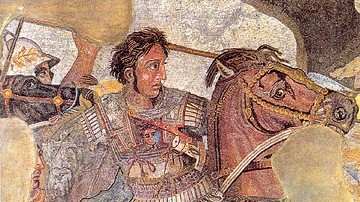
Definition
Alexander the Great
Alexander III of Macedon, better known as Alexander the Great (l. 21 July 356 BCE – 10 or 11 June 323 BCE, r. 336-323 BCE), was the son of King Philip II of Macedon (r. 359-336 BCE) who became king upon his father's death in 336 BCE and then...

Definition
Antipater (Macedonian General)
Antipater (c. 399-319 BCE) was a Macedonian statesman and loyal lieutenant of both Alexander the Great and his father Philip II of Macedon. As a regent in Alexander's absence, Antipater subdued rebellions and mollified uprisings, proving...
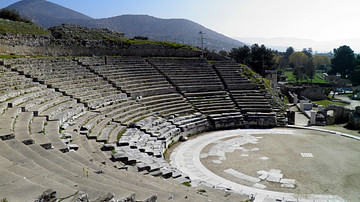
Article
Macedonian Colonization Under Philip II
Philip II of Macedon (359-336 BCE) envisaged a broad Macedonian kingdom and his colonial expansion resulted in the forging of an empire that his son Alexander the Great (r. 336-323 BCE) would use as a springboard for even greater things...
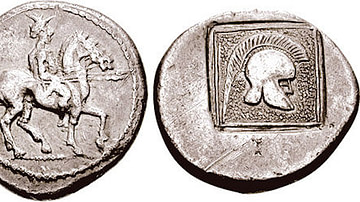
Definition
Alexander I the Philhellene
Alexander I of Macedon, also known as Alexander I the Philhellene ('friend of the Greeks') or 'The Wealthy', was king of ancient Macedon from around 498 to 454 BCE. He is known for the role he played in the second Persian invasion of Greece...

Definition
Argead Dynasty
The Argead dynasty, the ancient Macedonian house of Dorian Greek origin, lasted from the 7th century to 310 BCE. The mythological founder of the dynasty was King Caranus but it was under Philip II of Macedon (382-226 BCE) that the Macedonian...

Article
Alexander the Great: A Case Study in Martial Leadership
History is not predictable; in many ways it can take on a life of its own. But sometimes, an individual's sheer presence is enough to bend history to his will. One such individual was Alexander the Great. Through his conviction, vision, mental...
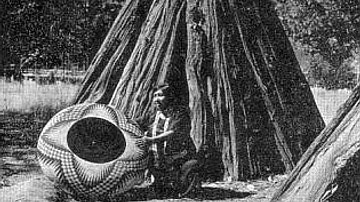
Article
Uʻtlûñ′tă, the Spear-Finger
Uʻtlûñ′tă, the Spear-Finger is a legend of the Cherokee nation, defined as a wonder story – a tale involving a supernatural entity – in which higher powers contend with each other or mortals must navigate the supernatural world or defend...
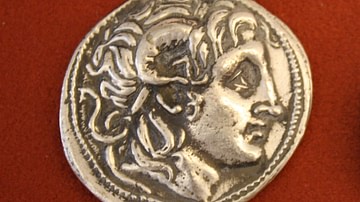
Article
Alexander the Great as a God
The age-old concept of the “divine right of kings” allowed that a country's ruler received his or her power or authority from God. However, few, if any, were delusional enough to actually believe themselves to be a god. An exception to this...

Definition
Civilization
Civilization (from the Latin civis=citizen and civitas=city) is a term applied to any society which has developed a writing system, government, production of surplus food, division of labor, and urbanization. The term is difficult to define...

Article
The Battle of Gaugamela, 331 BCE
After securing the eastern Mediterranean seaboard and Egypt, Alexander the Great pushed east into Mesopotamia with the intention of bringing Darius to battle. After crossing the Euphrates River unopposed, he marched his army eastward along...